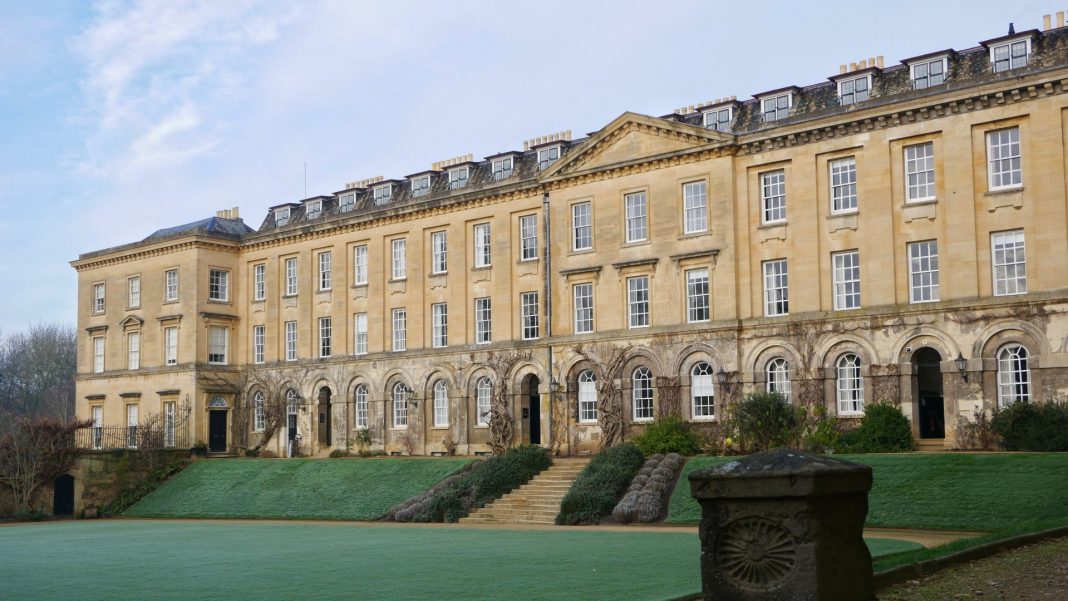A drinking vessel made from a human skull was used by academics at Worcester College during formal meals until 2015, a new book by an Oxford professor has shown. The vessel is now stored in the college’s archives, where access to it is denied.
The book, Every Monument Will Fall, by archaeology fellow Professor Dan Hicks, suggests that the skull was used to hold wine and later chocolates when it began to leak. Hicks, also Curator of World Archaeology at the Pitt Rivers Museum, traced the history of the skull – donated to the college in 1947 – as part of his aim to reveal “legacies of militarism, slavery, racism and white supremacy” present in cultural institutions”.
Although there is no record of the individual to whom skull belongs, its size, age, and circumstantial evidence indicate that it may have come from the Caribbean. The professor further suggests that it may have belonged to an enslaved woman living around 225 years ago.
The scientific basis of this point, however, has been contested. Worcester told Cherwell: “DNA testing was unable to identify the geographic or ethnic origin of the skull and, as such, the speculation that the skull is that of an enslaved woman from the Caribbean cannot be substantiated.” The college told Cherwell that whilst such a drinking vessel did exist in the Senior Common Room and was “occasionally used as tableware”, there is “no evidence to confirm whether or not it was used for serving wine.”
However, the British chain of ownership is undisputed: the cup was donated to the college in 1946 by the eugenicist George Pitt Rivers. The donation followed his release from internment during the Second World War for his support of the British Union of Fascists leader Sir Oswald Mosely.
The skull cup was a part of the family’s collection after his grandfather, the archaeologist Augustus Pitt Rivers, purchased it the same year he founded the Pitt Rivers Museum in 1884.
It was acquired at a Sotheby’s auction from Bernhard Smith – himself an Oriel College graduate – who Hicks believes received it from his father, a naval officer who served in the Caribbean, according to The Guardian.
In 2019, the Governing Body of the College engaged Professor Dan Hicks and commissioned scientific testing “to investigate the vessel’s history and to determine the most appropriate method of dealing with the item and according it dignity”. It remains in the college’s archives, where it has been stored “respectfully and securely…in accordance with appropriate legal advice”.
In its response, the college stated: “Worcester reiterates its commitment to equality, diversity and inclusion, as well as its financial support of the University’s Black Academic Futures scheme. Racism and other forms of prejudice have no place at Worcester”.


